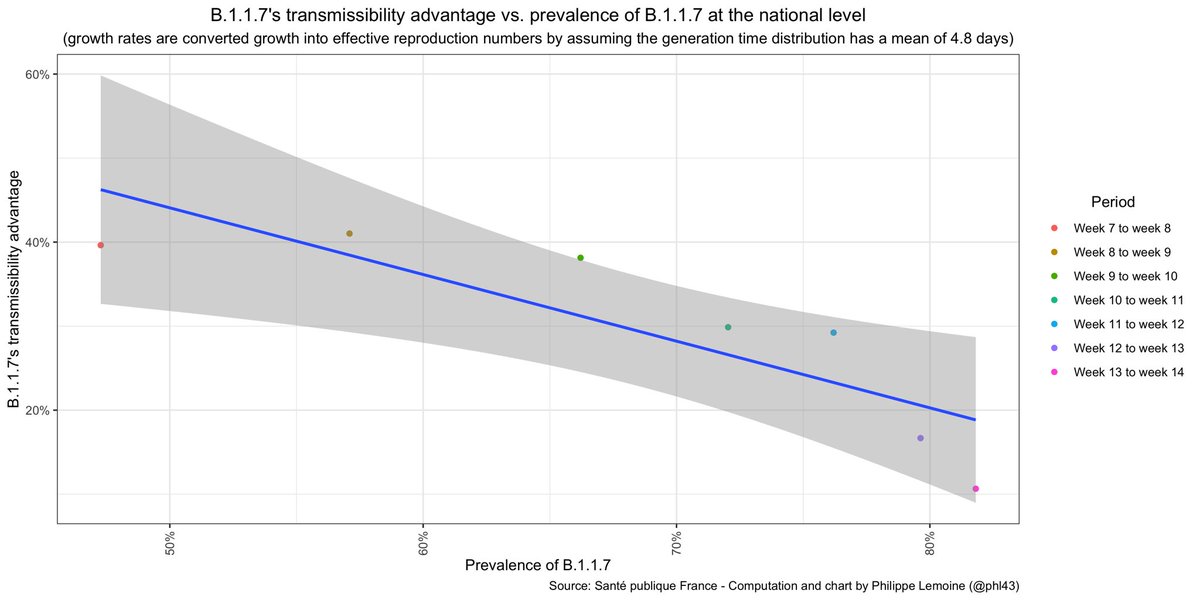
Very intelligent people: "Cambodia [GDP per capita = 1/40 of the US] beat the virus thanks to the awesome contact-tracing infrastructure it put in place."
Cambodians: bangkokpost.com/world/2000367/…
Cambodians: bangkokpost.com/world/2000367/…
One of the weirdest things is that people's default assumption is still that between-country differences in outcomes are mostly the result of policy differences, even though within-country differences are frequently even larger in places where policy was applied uniformly.
Forget about differences in the age structure of different countries, which is obviously doing a lot of work. Even in the same country, where demographics is roughly the same everywhere, you see huge between-region differences, but the "policy über alles" narrative must go on 🤷♂️
• • •
Missing some Tweet in this thread? You can try to
force a refresh






